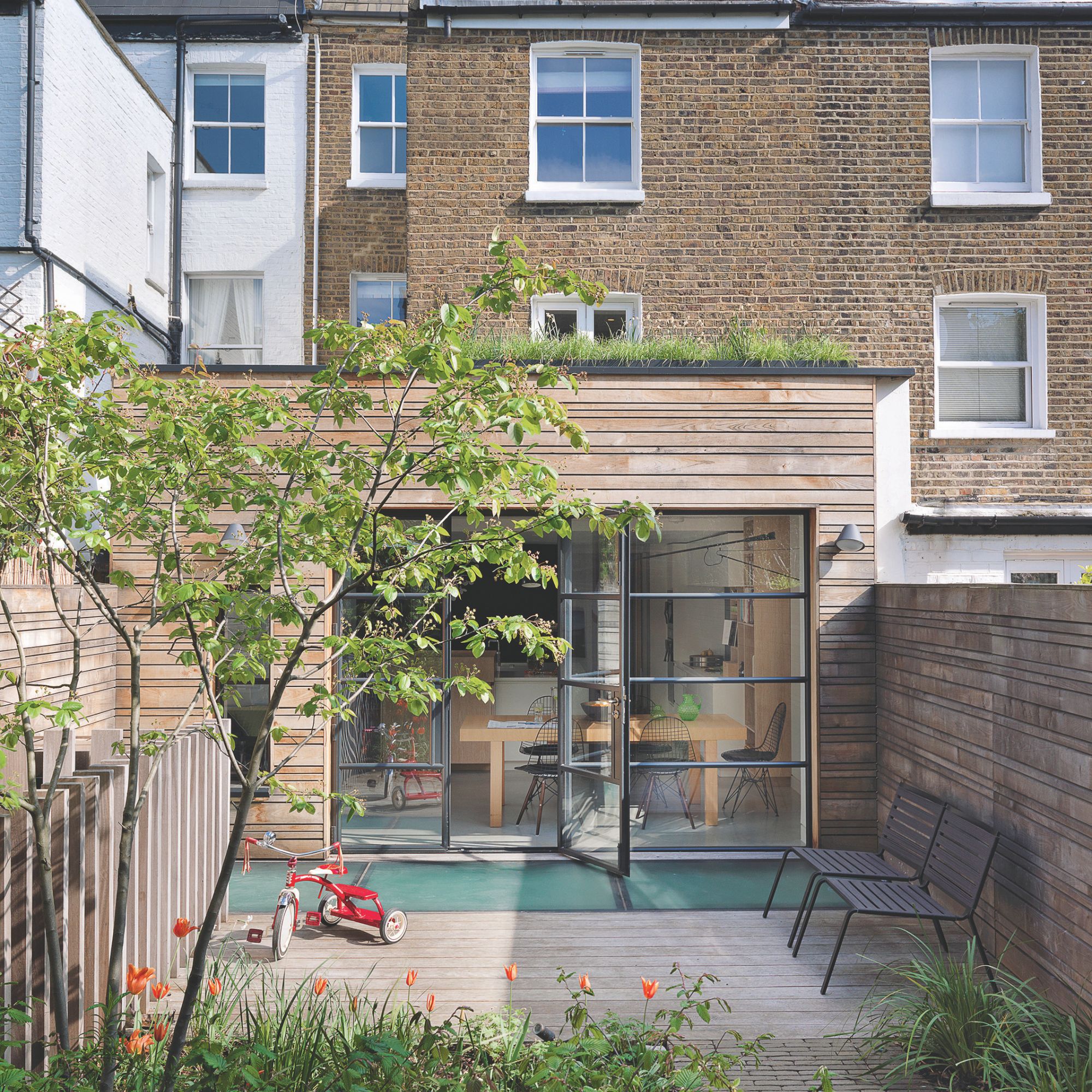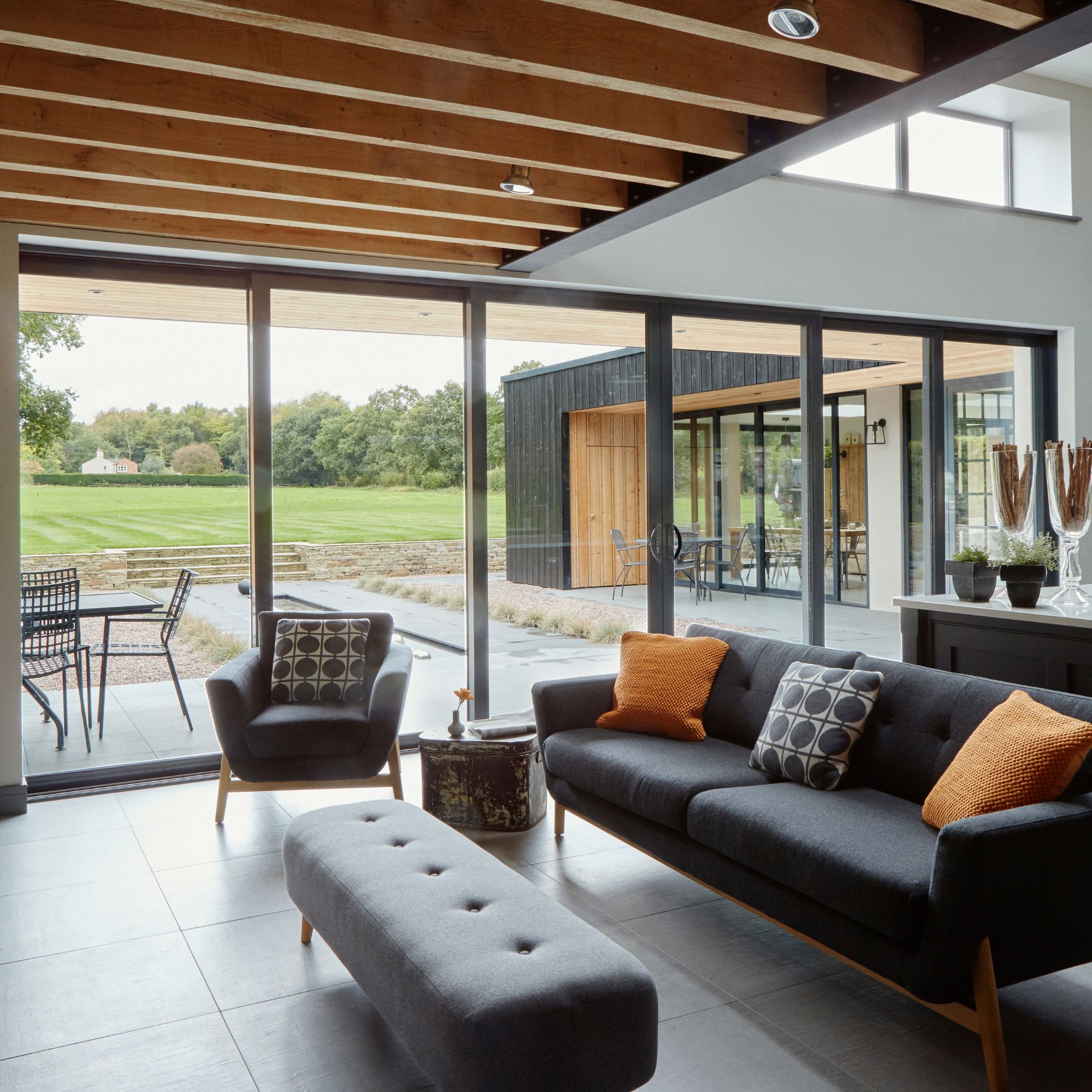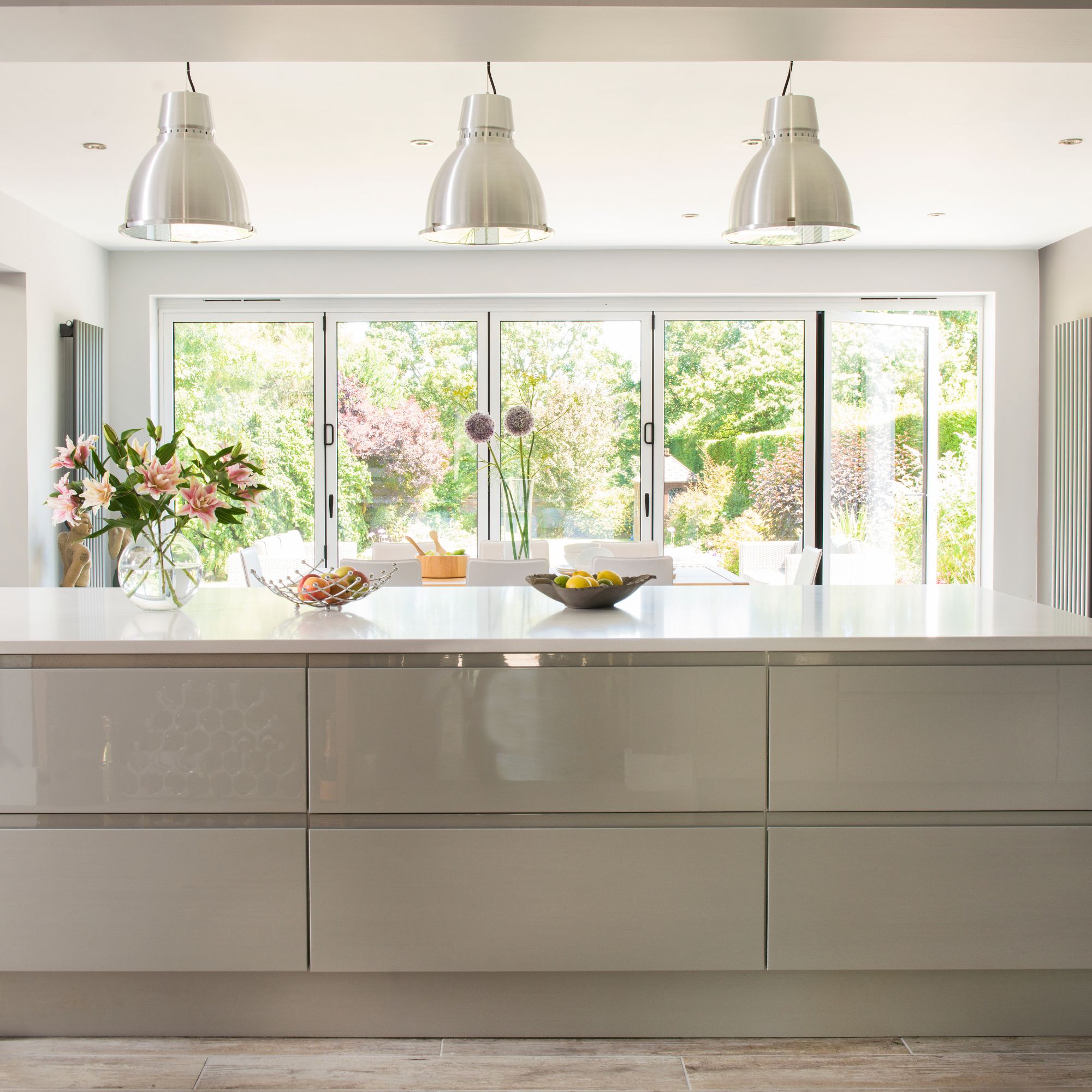
If you’ve outgrown your home, or it doesn’t have the rooms it needs, extending is the solution that spares you the outlay and upheaval of moving. But since building an extension also brings costs, the question of whether an extension adds value to your home is worth posing.
There are a host of extension ideas to select from – including single and two storey as well as conversions of areas such as the loft or garage – that add extra space and for each one that is an option for your home, you’ll want to consider its potential to add value as well as square meterage.
We asked the experts to provide their assessments of the possible boost the different types of extension can give to house value for this guide – along with the ways an addition might have a negative impact on it.
How much value can an extension add to your home?
An extension can often be a worthwhile investment. ‘A well-executed extension can increase your property’s value by 10 to 15 per cent, with some premium locations or standout designs achieving even more,’ says Peter Greatorex MD of Peter Greatorex Unique Homes.
However, a number of factors are important, he points out. ‘The extent of the value added depends on the type of extension, its quality, and how well it aligns with the home and local market demand,’ he says.
And if your plan is to improve the heart of a home and you’re asking will a kitchen extension add value, the answer is that it can. ‘A well-designed open-plan kitchen-diner is in high demand, adding up to 10 per cent value,’ says Robin Edwards, a property buying agent at Curetons.

What kind of extension adds the most value?
If you’re planning to invest in an extension, weighing up the relative merits of the different types is important, and this might include how much value each could add.
A two-storey extension could potentially increase home value by 10 to 20 per cent, says Robin Edwards. ‘These extensions add substantial space, often including both extra living areas and bedrooms,’ he says. ‘They can offer better cost-to-value ratios since you’re building up rather than just extending the footprint.’
A loft conversion offers the prospect of adding 10 to 15 per cent. ‘Adding an extra bedroom or home office in the loft is appealing, especially in areas where larger homes are in high demand,’ says Robin. ‘The percentage increases if the conversion includes an en-suite bathroom.’

A single-storey extension might likewise add 10 to 15 per cent, according to Robin. ‘A single-storey extension often creates a larger kitchen, dining area or living space which are all highly desirable,’ he explains. ‘The percentage depends on how well the design integrates with the home and maximises the usable space,’ he advises.
A basement conversion is an option for some properties. ‘Basement conversions require very skilled builders but can add 10 to 15 per cent to your property’s value,’ says Phil Spencer, property expert and founder of Move iQ.
A garage conversion might increase value by 5 to 10 per cent, but beware of compromising parking. ‘Converting a garage into a living space is cost-effective and useful, especially for creating home offices or extra bedrooms,’ says Robin. ‘However, it might be less attractive if off-road parking is limited.’
A conservatory has a more modest possible uplift of at most 5 to 7 per cent, Robin says. ‘While they can provide additional living space, they're far less versatile than a proper extension,’ he explains.
How to maximise the value you add with an extension
How can you maximise the value you add with an extension?
To maximise value with an extension there are a number of things to think about, including the ceiling price for your street – in other words the maximum price a property there has sold for. You can then see if it looks plausible to add value by extending. Of course, the ceiling price can be exceeded but it’s a useful guide.
Be steered by where you live, too. ‘An extension’s value will depend on location and your target market,’ says Robin Edwards. ‘For example, a loft conversion in a city might be more valuable than in a rural area, where space is less constrained.’
Careful budgeting and a good quality addition are also important. ‘If you choose carefully and keep the construction costs in check, you can generate more value from an extension than you spend on it – especially during periods of rising property prices,’ says Phil Spencer.

Think about factors aside from square meterage. ‘Make sure your extension adds more than just space in order to maximise the value added,’ says Nick Ferrier, director of Jackson-Stops Midhurst. ‘More space is great, but access to the best views across your garden or greater sunlight will make a property stand out against its competition.’
The rooms you choose to add can also maximise the value of an extension. ‘Spaces that improve everyday living and appeal to the broadest range of buyers tend to add the most value,’ says Peter Greatorex. As noted above, the larger room created by a kitchen extension can be a top choice, and other spaces worth creating are extra bedrooms and bathrooms.
‘Typically the addition of a double bedroom will add 10 per cent to a property’s value, and even more if it has an en suite,’ says Phil Spencer.
‘Adding an additional bathroom can boost your home’s value by 5 per cent or more, but be mindful of the cost,’ Phil says. ‘Remember you’re not just paying for the extra space, but also for the plumbing and renovations needed to make your new bathroom functional.’
Can an extension end up decreasing value?
It is possible for an extension to reduce the value of a home. ‘For example, if an extension is poorly designed, done cheaply, or doesn’t integrate seamlessly with the existing structure, it could actually detract from the home’s overall appeal,’ says Peter Greatorex.
‘Extensions that create awkward layouts, block natural light, or disrupt the flow of the home can also turn off potential buyers,’ he says.
What you’ve added space for has the potential to negatively influence value. ‘Extensions that serve niche purposes – such as an indoor swimming pool or a highly specialised room – might not resonate with the majority of buyers,’ Peter explains. ‘Features like these can feel impractical or impose additional maintenance costs, which could limit the home’s marketability.’
Be mindful of the possible impact on a garden. ‘Adding living space to a property by compromising limited outside space is hard to justify and homeowners shouldn’t expect to add value and may even find it reduces the value,’ advises Craig Fuller, a regional director of Stacks Property Search.
To avoid inadvertently decreasing value, you could ask for an expert opinion before going ahead. ‘It’s a sensible idea to get an estate agent to value the property as it is; and to discuss their ideas on how a planned extension would add value, and also importantly, improve (or compromise) saleability,’ says Craig.







